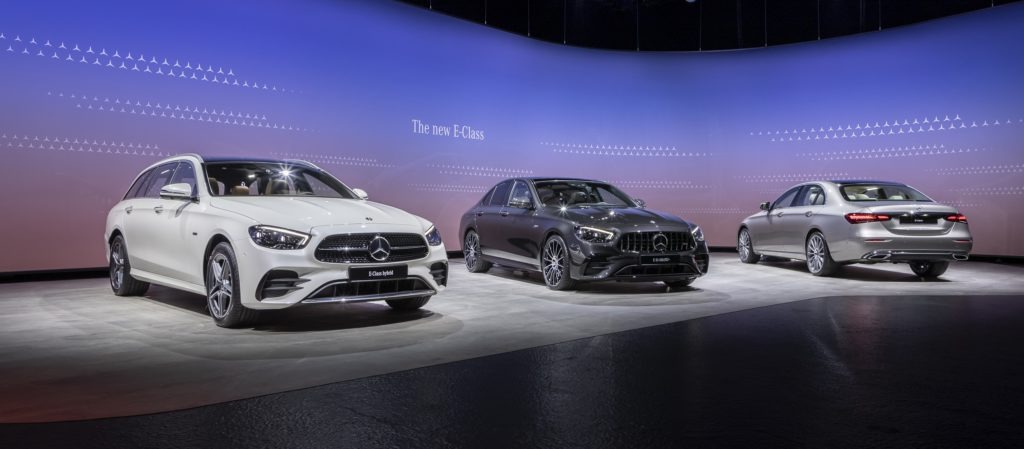Internal combustion engines to make way for electrification at Mercedes-Benz
05 March 2020

5 March 2020
Mercedes-Benz is changing course to invest more heavily in electric vehicles (EVs) and self-driving cars. These funds are likely to be taken from families of traditional internal combustion engines (ICE), potentially eliminating some engine families completely.
Daimler board member Markus Schaefer confirmed plans to use fewer, more flexible vehicle underpinnings, meaning the carmaker will have less traditional ICE platforms in the future. In a recent conference call he said, ′we will review our current line-up and the idea is streamlining the portfolio'. Entire platforms and powertrains could be cut as part of the cost-cutting measures.
Tightening emission controls, like the so-called Euro 7 exhaust-emissions standard, appears to be cutting off circulation to some products. ′The question is how many engines you take through the gauge, through Euro 7,' Schaefer said. ′Of course, the four-cylinder has more chance to make it than the V-12 to pass the gate.'
Cutting CO2
In their alternative Geneva live stream video, Daimler CEO Ola Källenius highlighted the drive towards smarter, more sustainable mobility. ′This year, we are consistently pushing ahead with digitisation and electrification. Our goal is to reduce CO2 emissions from our fleet by more than 20%.'
To achieve this goal, Källenius announced the rolling out of 48-volt technology in all model series, as can be seen in the new E-Class. ′By the end of 2020, we want to double our sales of mild hybrids and quadruple the share of EVs,' he said. The CEO's discussion on the electrified future can be watched in the video below.
Hybrid horizon
By the end of 2020, Mercedes aims to more than double the number of plug-in hybrids and electric models. This will mean five all-electric vehicles and over 20 plug-in hybrids from the A-Class to the S-Class.
In the online broadcast, Schaefer detailed what could be expected of the new compact plug-in hybrids. The cars will have an electric range of over 70 kilometres and, with their quick-charge function, will be capable of going from 10% battery to 80% in 25 minutes.
The new E-Class alone will include seven variants of plug-in hybrids and will come with a new electrified four-cylinder engine. Schaefer said the engine will, ′set new standards in efficiency: a gasoline engine and, for the first time, a diesel with a 48-volt electrical system and integrated starter generator.'
Whilst some German carmakers are facing difficulties in procuring batteries for their EVs, Daimler claims to be facing no such challenges. Separately Källenius said the manufacturer is having ′no issues' securing batteries, and is increasing production to meet demand for plug-ins. ′There is such a high demand for plug-ins, we are ramping up battery production as we speak,' Källenius said on the conference call.